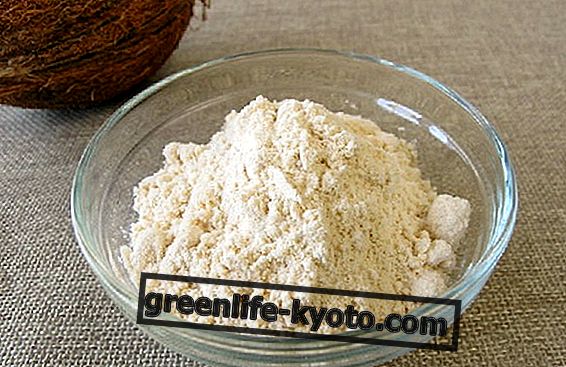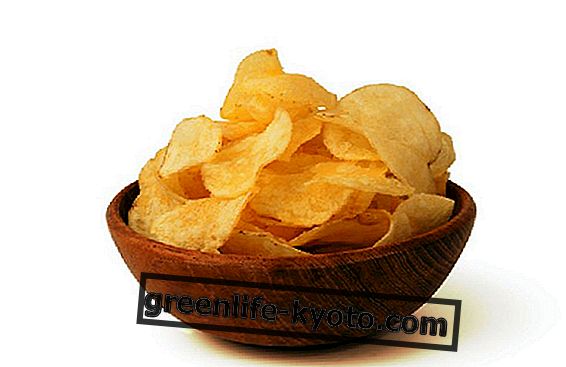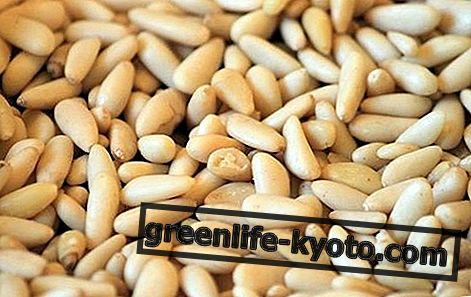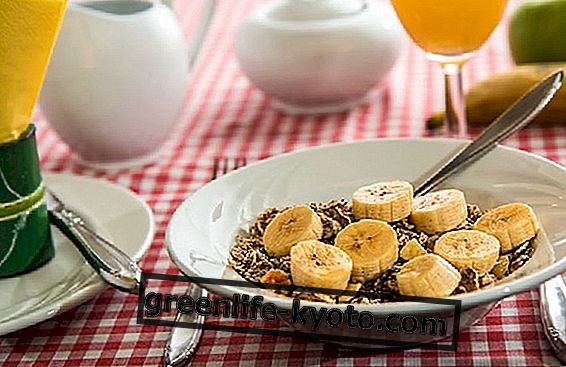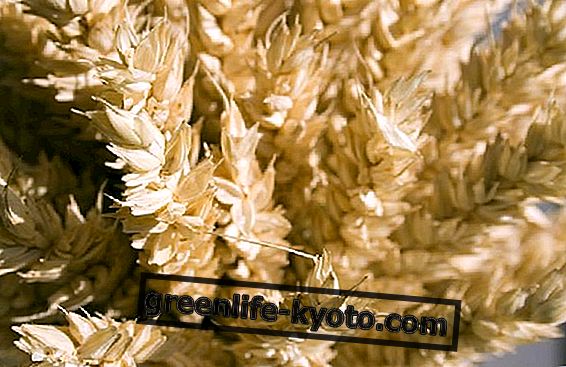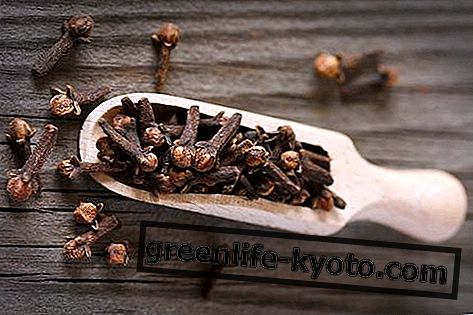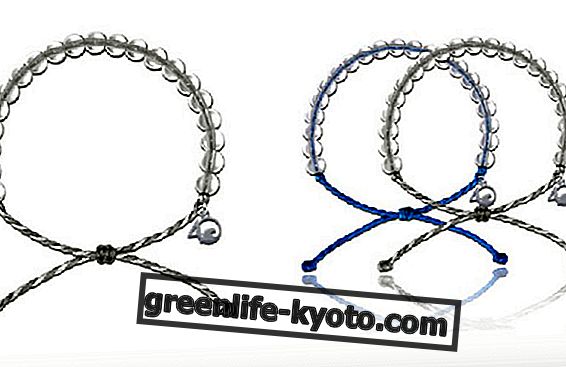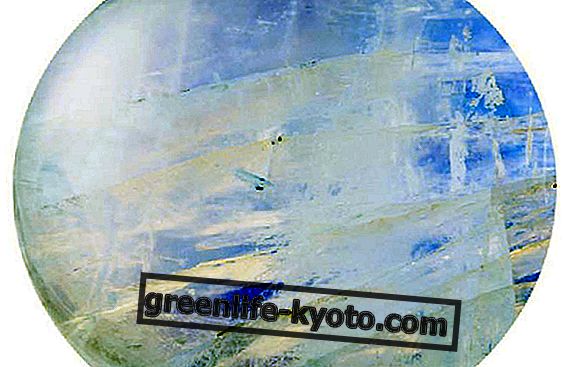
Because cystitis becomes recurrent
After a first episode, cystitis can recur and due to causes of various origins: persistence of bacteria in the bladder calyx, genetic predisposition, incorrect care or incomplete therapy, acute stress or failure to respect healthy hygiene and food habits.
When the origin is bacterial, it can happen that the bacteria, surviving the treatments, return to aggression generating a new infection: if normally, in healthy subjects, the bladder and all the upper urinary tract are sterile, in subjects predisposed or weakened can repeat the Infectious mechanism, with pathogenic bacteria that rise from the intestine and colonize the urinary tract .
Women are more at risk of infection due to the different anatomical conformation: the female urethra, very short compared to the male one (3-5 cm against the 13-16 of the man), and the closeness to the vagina and to the rectum constitute a predisposing factor because the bacteria that come from the intestine can easily reach the urethral duct by going up into the bladder.
Sometimes the ascent of the bacteria from the urethra to the bladder is mechanically conveyed by the sexual relationship and the local flora is thus altered again and the pathogenic bacteria have the better of the non-pathogenic ones, creating disequilibrium and recurrent infections .
Even certain diseases, such as diabetes, or prolonged intake of certain drugs, can lead to the recurrence of this disorder.
Tips to prevent recurrent cystitis
> Always drink plenty of water at room temperature, at least ten glasses a day, which is equivalent to about 2 liters of water;
> prefer a healthy diet rich in vegetables with diuretic power, such as asparagus, and vitamins : very important in this case is vitamin C;
> do not abuse sweets, industrial products, alcohol, coffee, spicy foods and leavened products;
> practicing psycho-physical relaxation exercises to release any tension, from yoga to gentle walking, from meditation to Tai Chi;
> plan to take malva-based adjuvant herbal teas and natural maintenance supplements based on cranberry or cranberry and D-Mannose and other natural herbal remedies;
> always take care of personal hygiene with delicate detergents, avoiding wearing wet synthetic clothing, too tight clothes and avoiding the use of internal absorbents.
An effective cure for bacterial cystitis
The bacterium Escherichia coli, together with other microorganisms of intestinal origin or coming from the area of the external genitalia, is responsible for most urinary infections: urine culture (urinalysis) is of fundamental importance for the diagnosis that confirms the origin bacterial disorder and for a correct treatment of recurrent cystitis.
Properly treating cystitis from the first onset can prevent the discomfort from recurring but also in case of recurrence natural supplements can still be of great help.
Cranberry (or Cranberry) is rich in polyphenols belonging to the flavonoid family, type A proanthocyanidins, able to reduce inflammation and oxidative stress.
D-Mannose is a monosaccharide sugar found in many foods and normally eliminated through the urine: this sugar is able to hinder the adhesion of the bacteria responsible for the infection to the walls of the urinary tract, predisposing them to be eliminated with urine .
In natural supplements for urinary tract wellness Cranberry and D-Mannose are often associated to reduce inflammation and facilitate the elimination of bacteria that are the triggering cause of the disorder.

